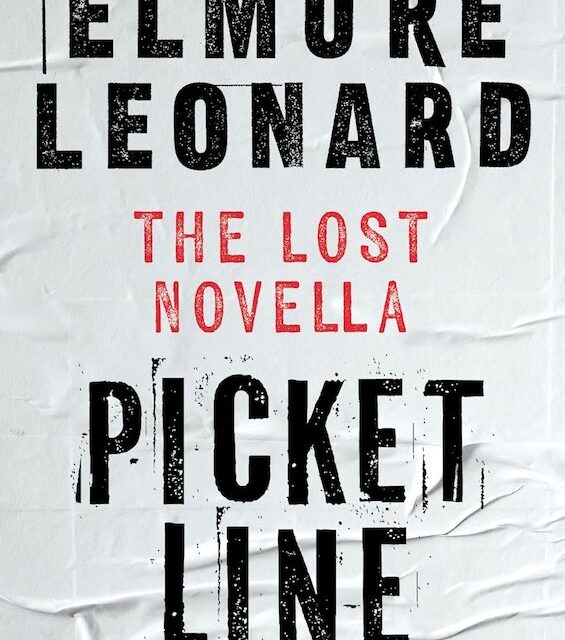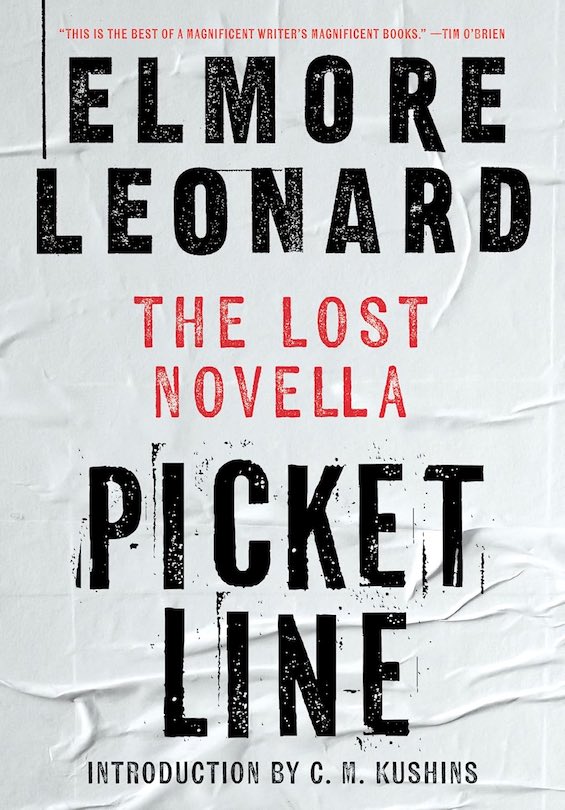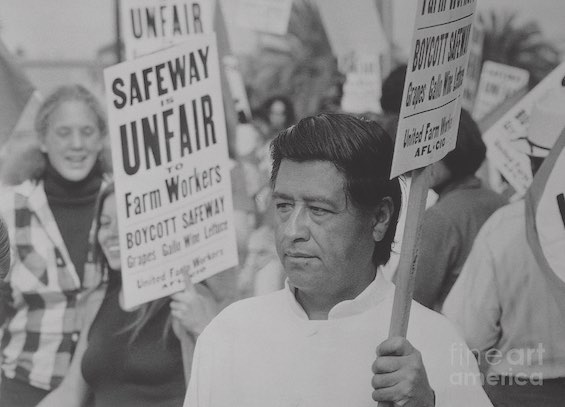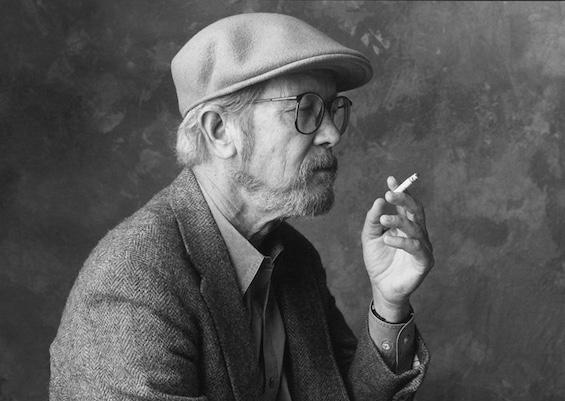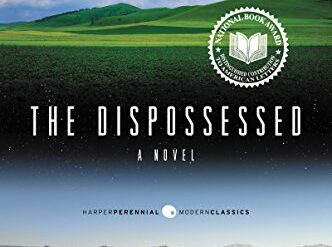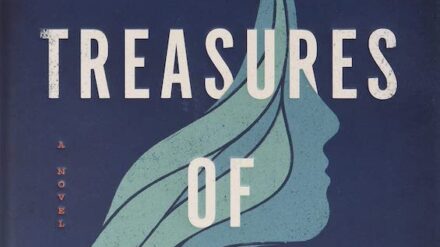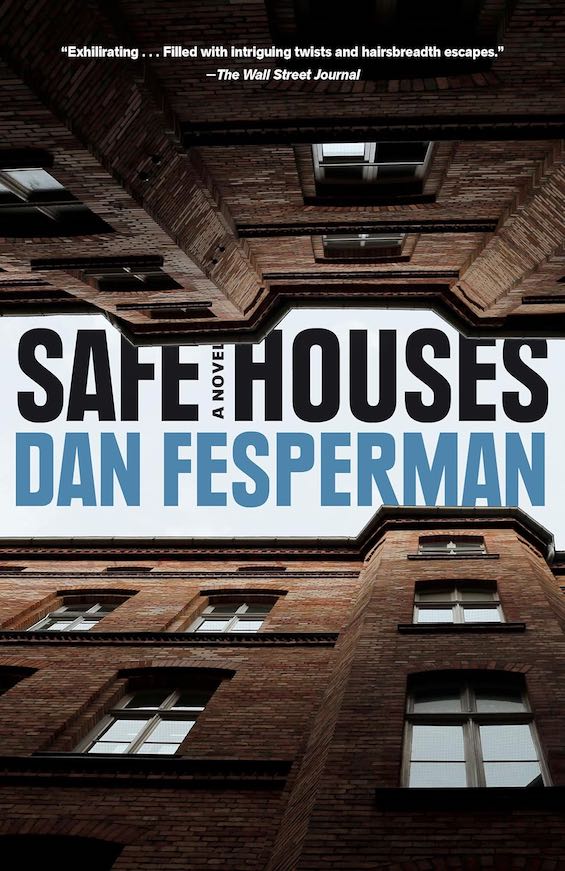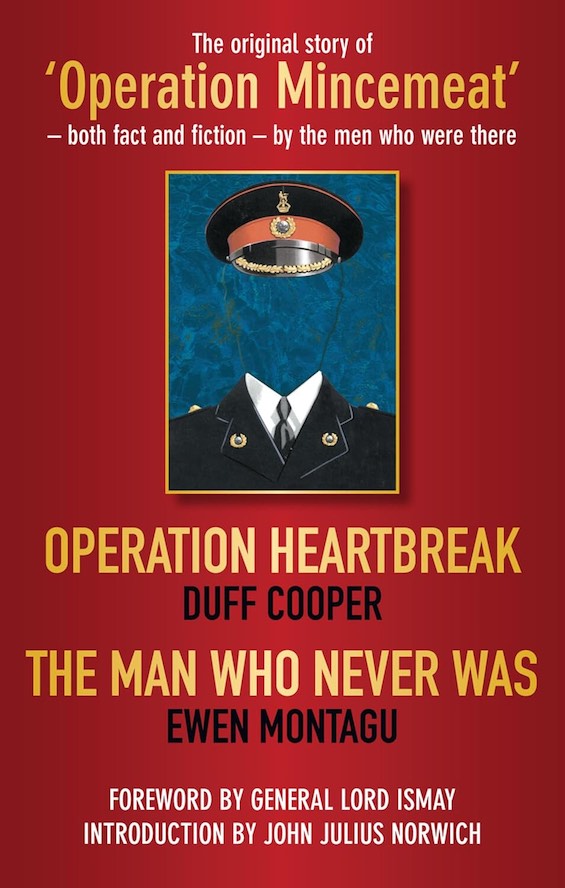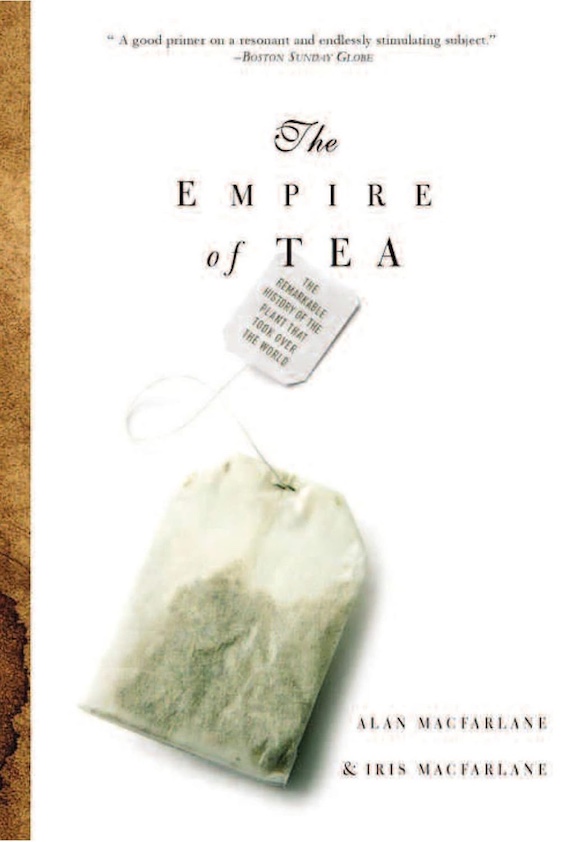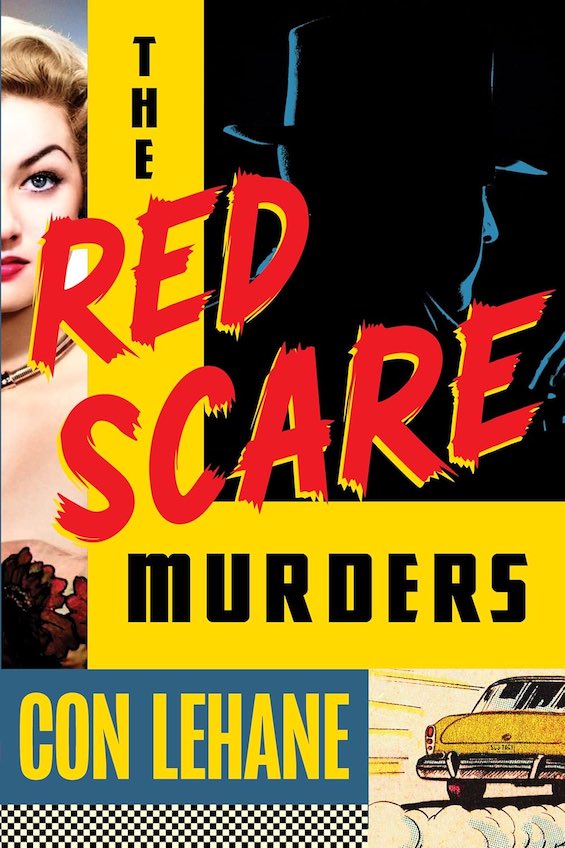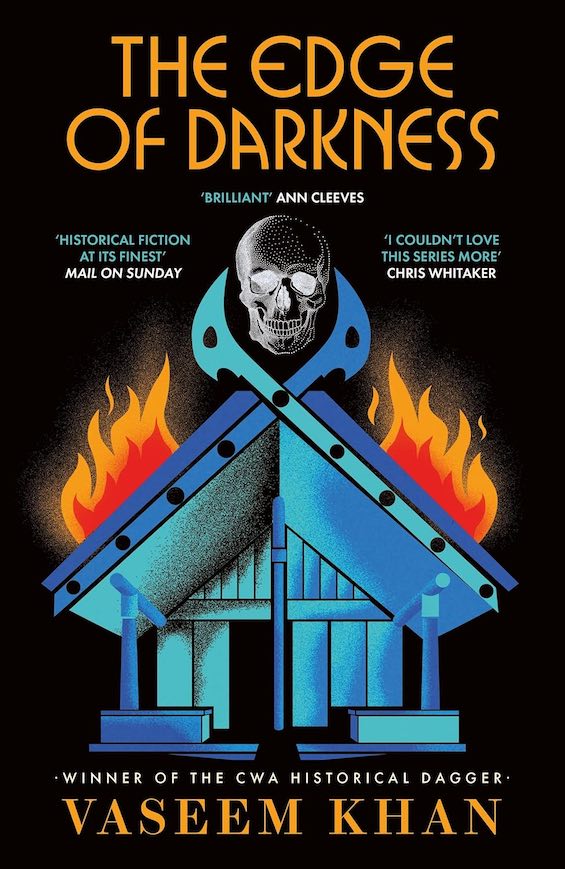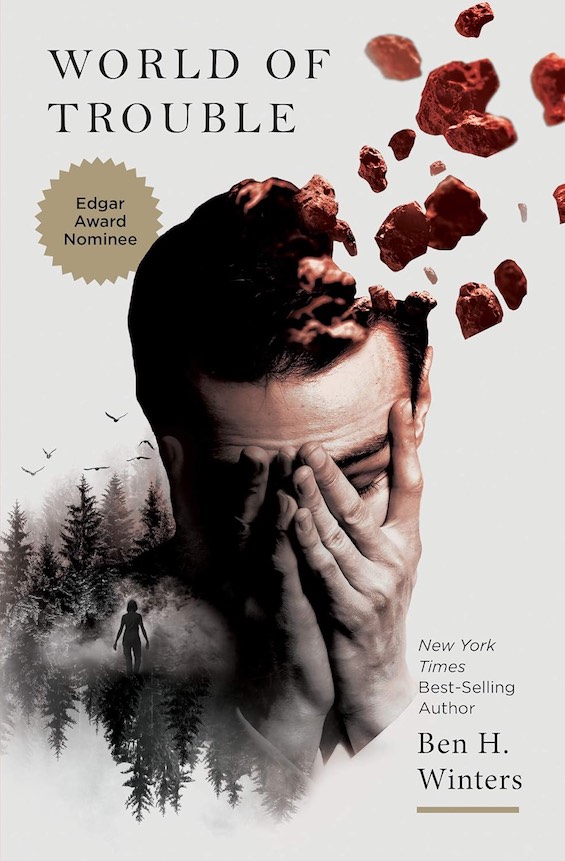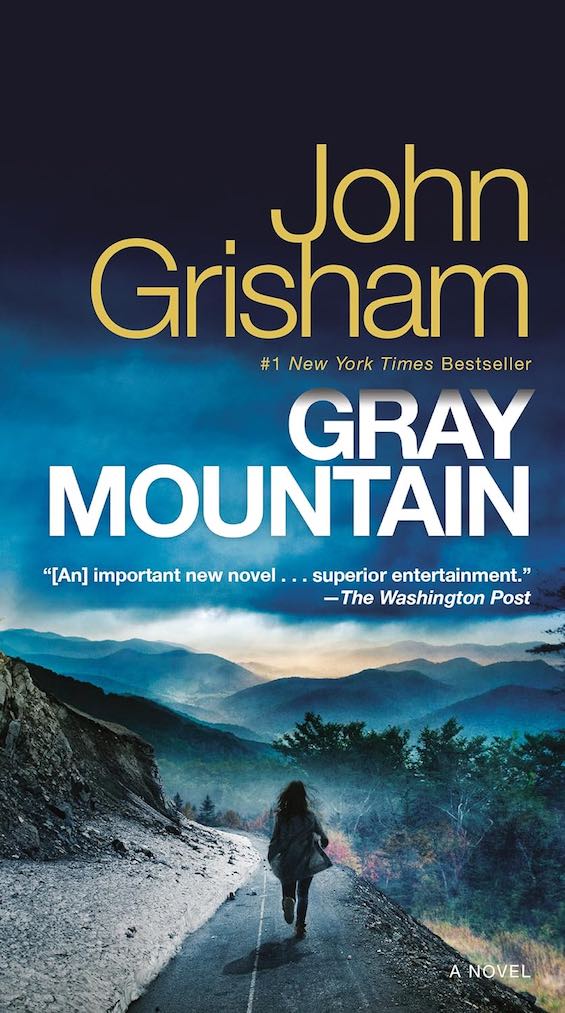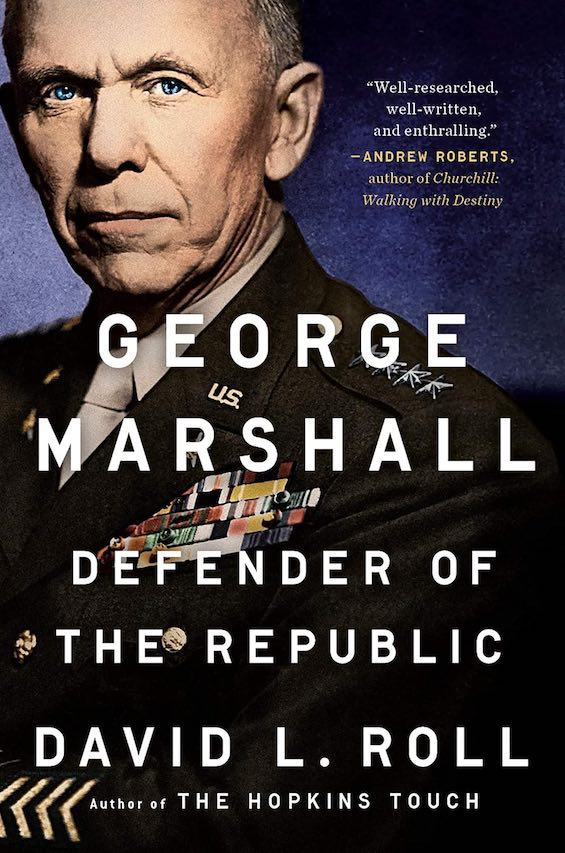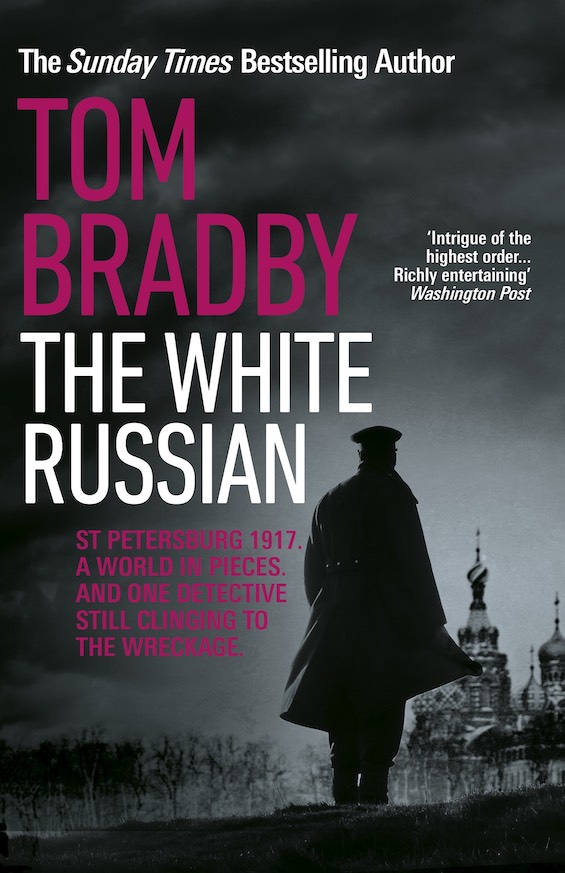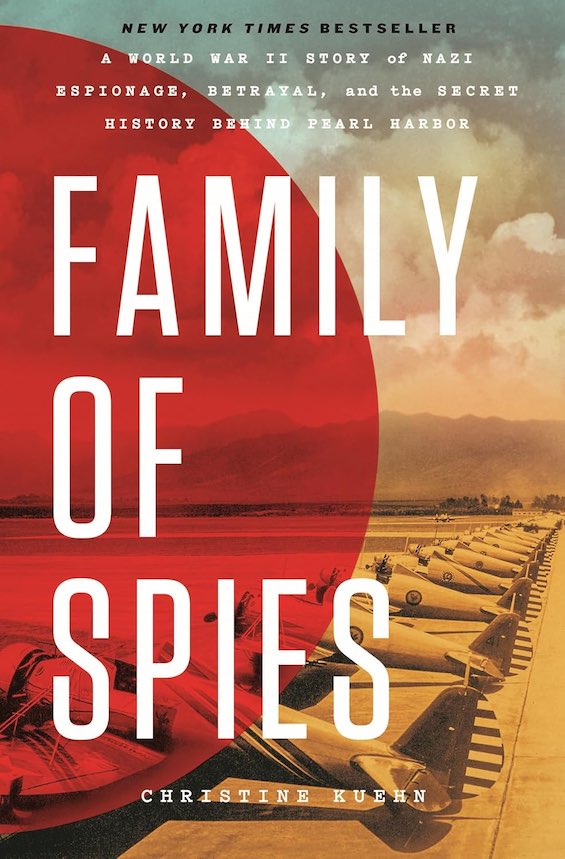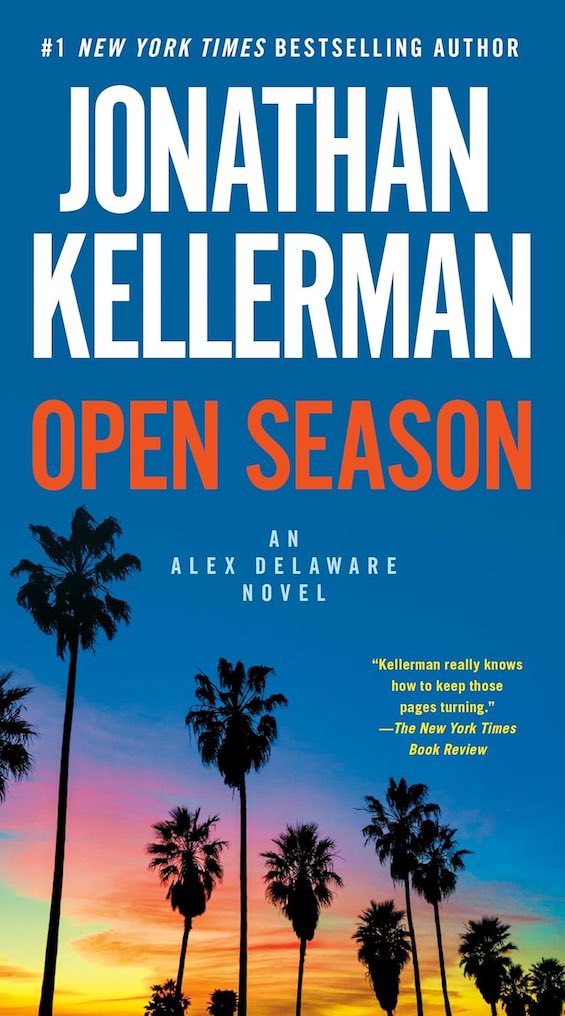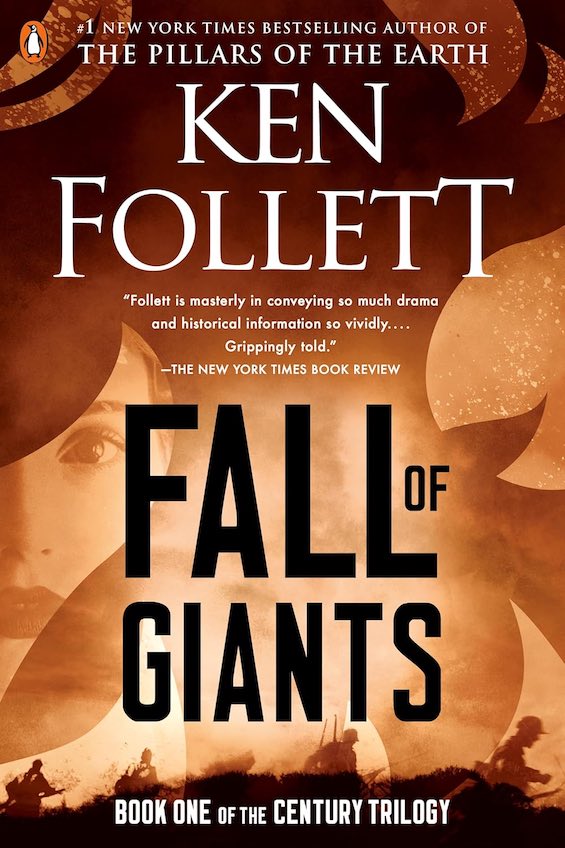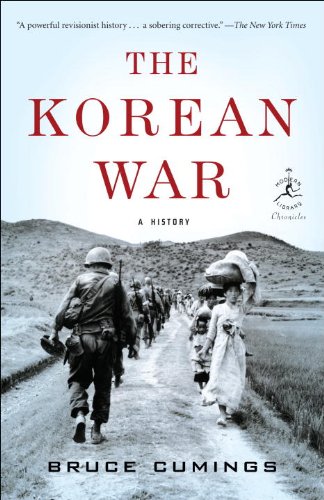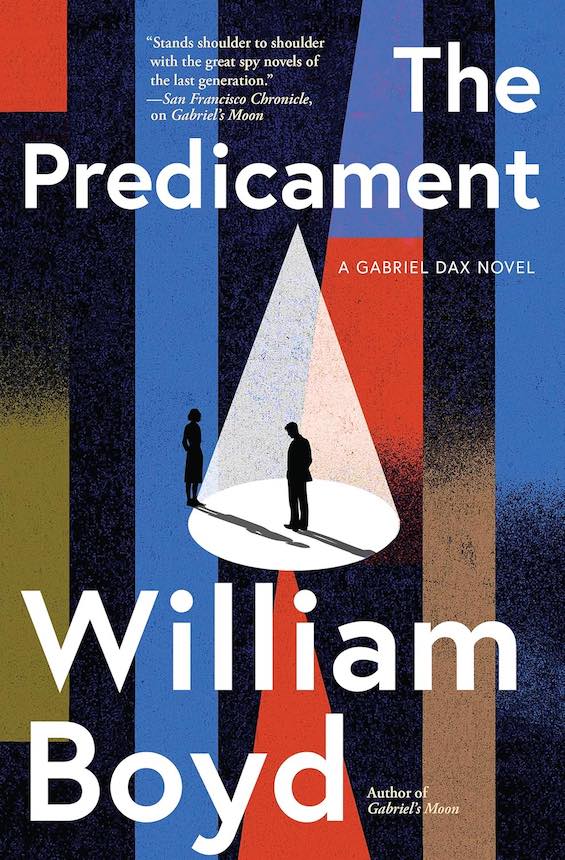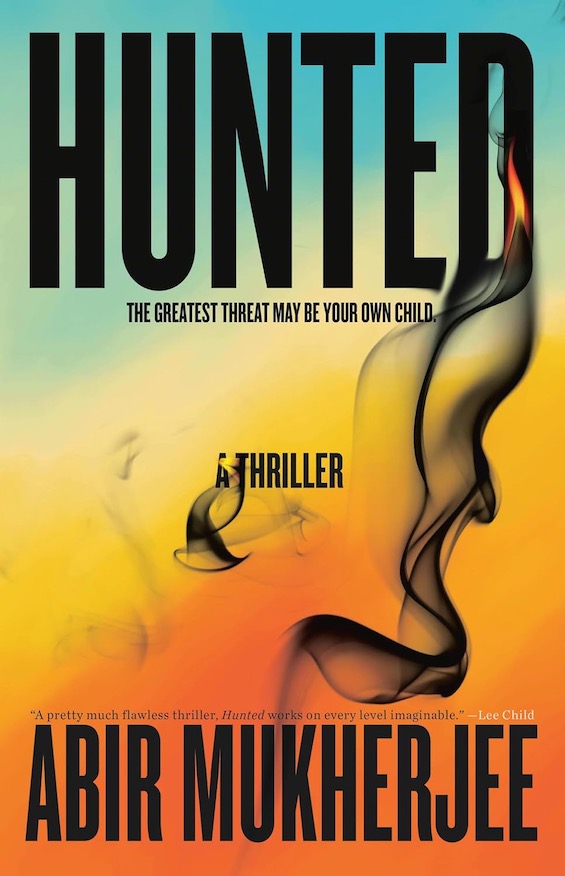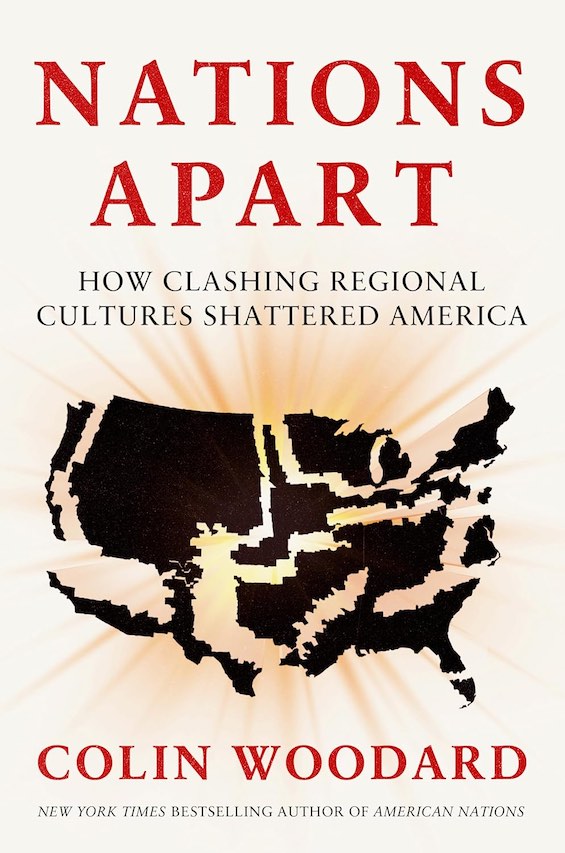More than half a century ago, Elmore Leonard was eking out a living writing pulp Western novels. He was about to take a sharp turn into crafting the crime novels that would establish his reputation as one of the most brilliant stylists in the genre and earn him both wide recognition and a lot of money. But at the time he was turning to Hollywood to boost his income by writing screenplays, which pay a whole lot better than most novels. And in 1970 he drafted a treatment for a film about the farmworkers’ strikes that were then in the news. The film never got made, but he converted the treatment into a novella. Then that never saw the light of day in print. Now, finally, we can read it under the title Picket Line
A Chicano activist shows his stripes
Two Chicano men who call themselves Chino and Paco Rojas are on their way in an old car with California plates to a South Texas town called Trinity. En route, they stop at a service station where they witness the attendant deny a family of Mexican migrants the use of the restrooms. Chino intervenes, humiliating the attendant and forcing him to allow the migrants the use of the facilities. Then he and Paco Rojas leave the happy family and make their way further down the road toward Trinity.
Picket Line by Elmore Leonard (1970) 128 pages ★★★★☆
Workers are on strike at a melon farm while others work in the fields
Picket Line‘s subsequent setting is a melon farm the lower Rio Grande Valley of Texas, far from the epicenter of farmworker labor activity in California. Without stopping in nearby Trinity, Chino and Paco Rojas go to work picking melons for $1.10 an hour. They labor in the shadow of a picket line, where other workers are clamoring for a 50-cent-an-hour raise. But Chino’s activism doesn’t fit into the picture at the farm. Why haven’t he and Paco Rojas joined the picket line? We’ll learn why as the action unfolds. And there is a lot more action.
It turns out that the two men from California know the man who is leading the strike. Vincent Mora is gaining fame for his success in persuading the poor men, almost all Mexican migrants, to demand higher wages and better treatment. And eventually Mora shows up on the picket line. There, his assistant, a young woman named Connie Chavez, uses a bullhorn to call out to individual workers in the field. In short order she persuades a few to leave their jobs and join the strikers. Which then provokes the foreman and the police who come to the scene. Violence ensues.
For anyone familiar with the history of farmworker organizing in California, the scene Leonard paints is sadly familiar. Weeks, even months before growers would (sometimes) agree to recognize the union, they would send in thugs and racist local police to harass and sometimes beat the strikers.
Leonard had set out to deliver a social message with Picket Line. He succeeds brilliantly.
About the author
Elmore Leonard (1925-2013) was for decades one of America’s most renowned author of crime and thriller stories. In a career spanning the 1950s to the 2010s, he wrote 45 novels, nine collections of short stories, eight screenplays, and one notable nonfiction book, a guide to writing style. Twenty-six of his novels and short stories have been adapted for the screen (19 as motion pictures and another seven for television).
Leonard was born in New Orleans but lived for much of his life in the Detroit area. His alma mater was the University of Detroit. He was married three times and had five children, all with his first wife.
For related reading
Long before I launched this website in 2010, I had read and enjoyed many of Elmore Leonard’s crime novels. Get Shorty. Out of Sight. Rum Punch. And others. Since, then, however, I’d read only one, Djibouti (Why is Elmore Leonard chasing Al Qaeda 8,000 miles from home?). As you might deduce from the title of my review, I didn’t enjoy the book at all.
You might also enjoy my posts:
- Top 10 mystery and thriller series
- 20 excellent standalone mysteries and thrillers
- 30 outstanding detective series from around the world
- Top 20 suspenseful detective novels
- Top 10 historical mysteries and thrillers
And you can always find the most popular of my 2,400 reviews, and the most recent ones, on the Home Page.

